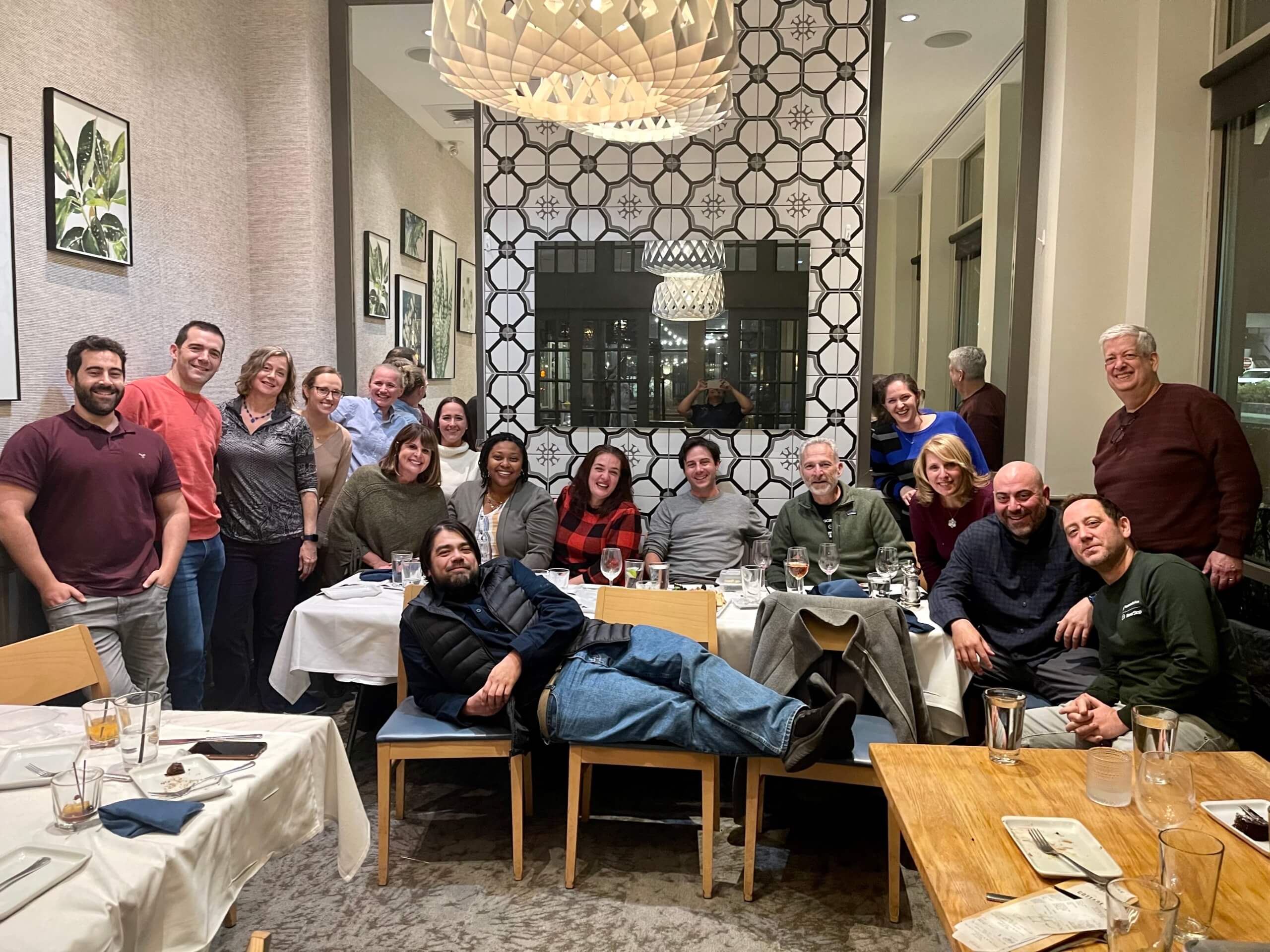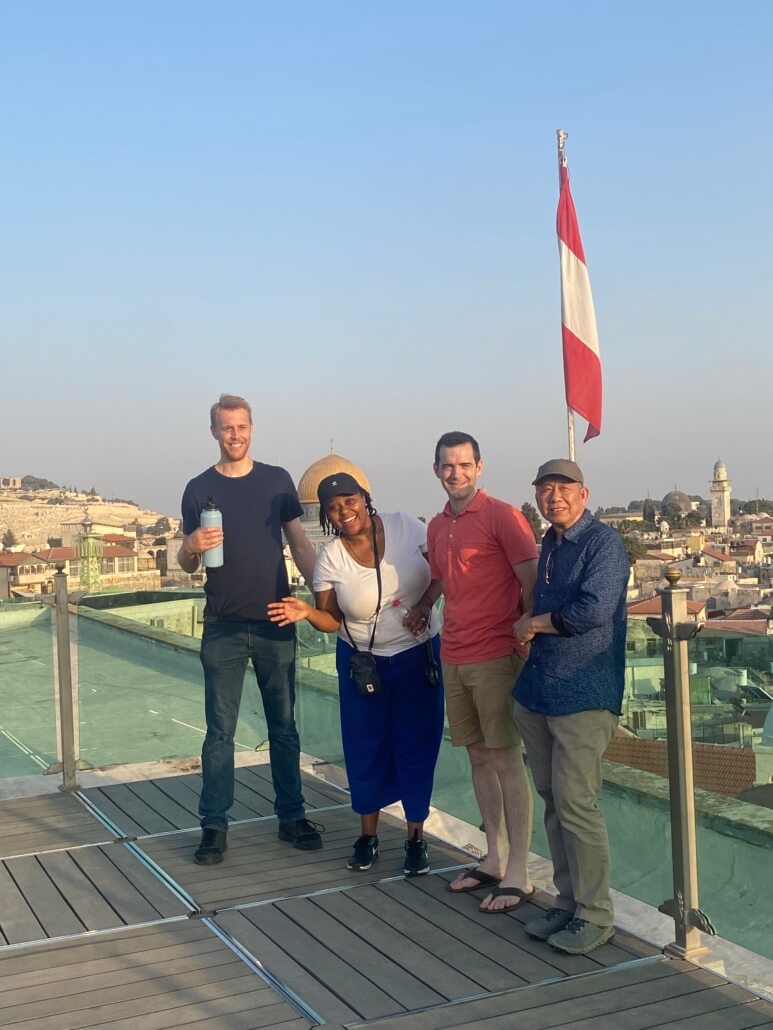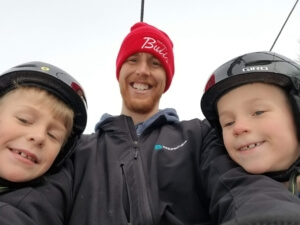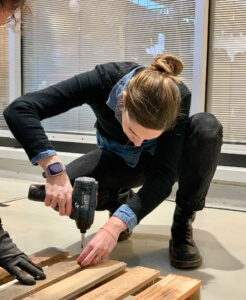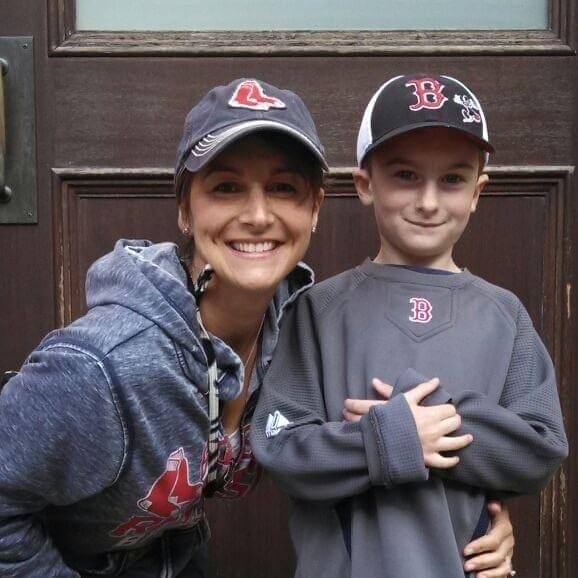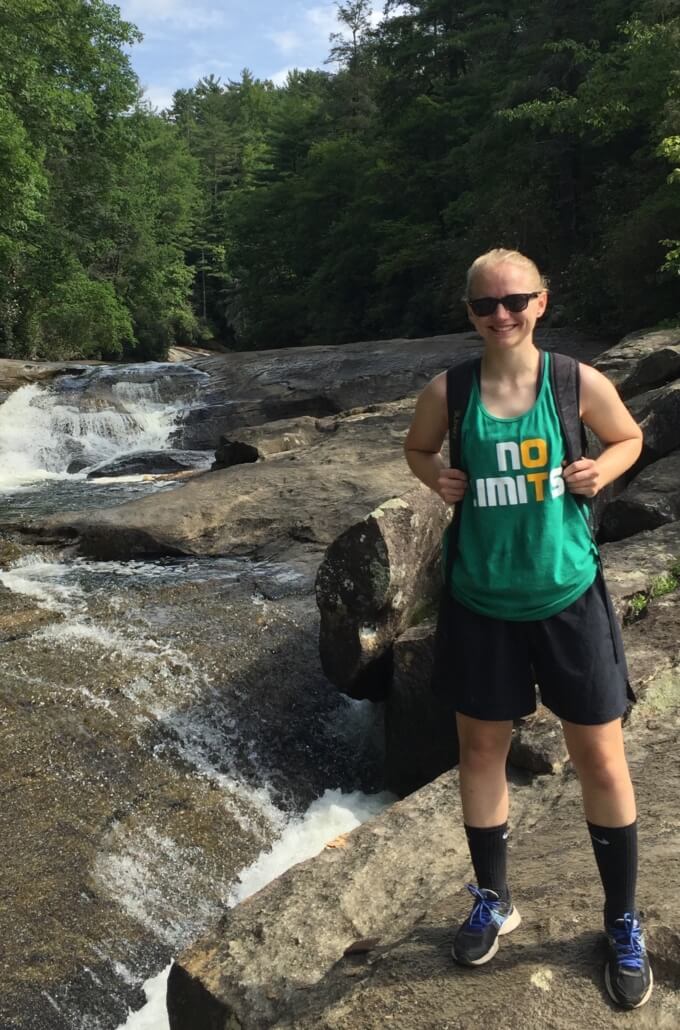At the apex of his 25-year career as a leader in the insurance and financial services industry, Chief Growth Officer Larry Nisenson raised eyebrows by waltzing away from his laurels to join Assured Allies, a small insuretech startup. Larry, pictured above with his three lovely daughters, sat down recently with a glass of Cabernet and a nicely plated charcuterie to chat about his unexpected move, and why he believes that the company’s newest product, NeverStop, is going to revolutionize the long-term care insurance industry.
Why did you leave an impressive career in the global Insurance industry to join a little-known start-up like Assured Allies?
As a society, we must modernize the financing of aging, or how individuals pay to age on their own terms. To point to just one fact, 50% of Americans will require long-term care at some point in their lives but only 7% of adults over age 50 have a long-term care insurance policy. When I tried to address this issue inside large insurance companies, I found it difficult to gain much traction. Eventually, I was drawn to the nimbleness of a smaller company and loved that Assured Allies was also trying to solve the same problems I was. When I met the team and felt their enthusiasm and passion, I knew I had found my new home!
You’ve spoken publicly about the crying need for better retirement financing. As an experienced leader in this industry, what excites you about NeverStop’s innovative approach?
NeverStop excites me because it clears the path towards aging in place that tens of millions of unprepared consumers desperately need. The big risk today for consumers is that they will outlive their savings. Most would prefer to age at home if possible but have no long-term care safety net. NeverStop helps to solve this dilemma on both ends of the equation and that’s innovative. We show them how small, incremental lifestyle changes can have a dramatic impact on their ability to live independently. We then incent them with dollars that can be used for their long-term care needs as a way of keeping them motivated to live healthier. We co-create with each NeverStopper a customized journey for Successful Aging that inspires them to live their best life and afford the care they may need in the future.
Given that 10k people a day are turning 65 throughout the rest of the decade, we know there are over 60M consumers who could use our help today—and that number is growing. That is VERY exciting,
What has surprised you most, so far, about the launch of NeverStop in the marketplace?
The attention we’ve garnered in such a short time in the market has been a really pleasant surprise. We launched NeverStop on November 15, right before the Thanksgiving holiday, a season that many would argue is the slowest time in the insurance business. We saw incredible agent and distributor interest on day one and it hasn’t waned much since. Thousands of agents have been engaging with our marketing material and wanting to learn the NeverStop story.
How is leadership in a start-up environment different from what you’ve experienced in corporate environments?
There are so many differences that it’s hard to cover them all. Perhaps the biggest difference is the “owner” mentality of every employee. Our employees are so passionate about their job and the company mission that they truly inspire me everyday. We also believe in honest and direct conversations. These two aspects of our culture create a different environment for success than anything I experienced in a large corporation.
What have you learned on the job?
In a startup, everyone rolls their sleeves up and gets in the mix. From the cofounders to the newest employee, everyone comes to the table with the same mindset of ‘all hands on deck’ and ‘let’s get it done.’ In my 18 months here, I’ve never heard anyone say, “That’s not my job.” Instead, I hear, “How can I help?”
What’s the biggest hurdle that agents face in selling long-term care insurance to customers? How does NeverStop make that process easier?
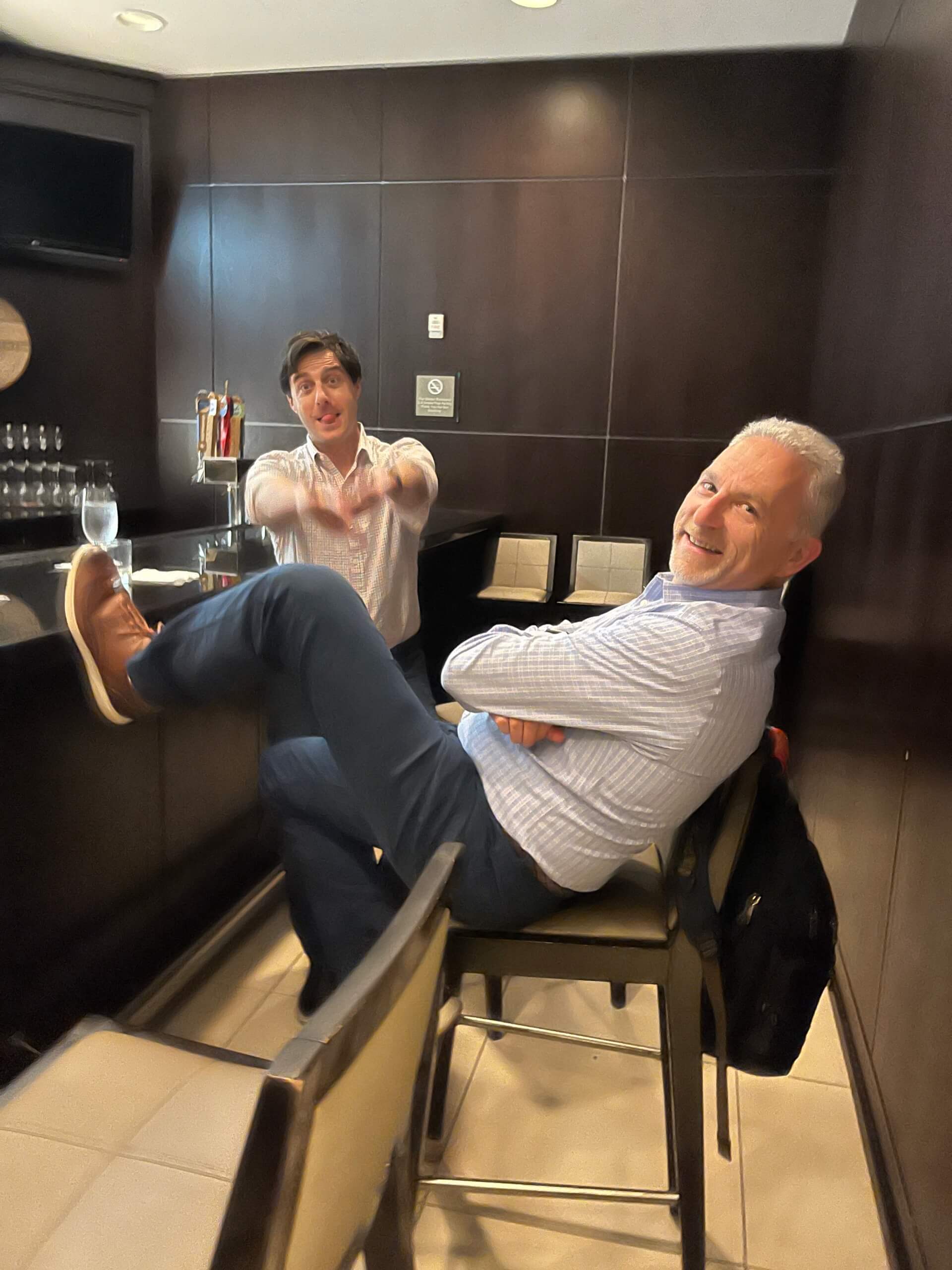
Agents face several hurdles that make a long-term care sale really hard. Traditional long-term care insurance policies can take up to 60 days to get underwritten and approved—if they get approved at all. Our first NeverStop product is a guaranteed issue, meaning that everyone who applies is approved. Our state-of-the-art process is simple, low-friction, and fast. The underwriting is 100% virtual and the applicant receives their underwriting risk class within an hour, from start to finish. This is a game changer and much more inline with what consumers expect today.
Consumers have also been negatively affected by the industry-wide legacy of unexpected rising long-term care insurance premiums. Our actuarial team, which has responsibility for building and pricing our products, really learned from the mistakes of the past and we don’t expect that same type of premium volatility. For all of these reasons, NeverStop will benefit consumers and agents alike.
What do you predict for 2023 in terms of older adults and retirement financing?
Unfortunately, I think 2023 is going to prove an even harder year for aging adults, particularly if they’re on a fixed income. Social Security may have had its largest cost of living adjustment since 1981, but it still isn’t keeping pace with inflation. This means that older consumers have diminished buying power. Secondly, stock market volatility is going to continue in 2023 so older investors are going to have more sleepless nights worrying about their retirement portfolios. And sadly, bankruptcies for older adults will continue to climb as healthcare, food, and housing costs rise while housing prices level off or decline, reducing any equity they have to borrow against.
What are three predictions for Assured Allies in 2023?
Assured Allies will continue to scale and grow in 2023 as we take on more clients for the company’s flagship product, Age Assured, and its newest innovation, NeverStop. NeverStop will launch at least two new products. Age Assured’s results will continue to prove our hypothesis on the effectiveness of low-cost, precision-timed interventions for reducing claims and helping consumers to age in place.
You’re 56 years old. What does Successful Aging mean to you personally, and what are you doing today to get there?
Successful Aging for me is staying healthy enough to thrive in my next stage in life. My wife and I have raised three beautiful, smart, almost independent young women and now it’s our time to enjoy life. Whether it’s going away for a long weekend, continuing to work in our careers, volunteering, or grappling with whatever else life has in store for us, we want to be able to do it all.
To stay healthy for the long-term, I usually walk on my treadmill for 2-3 hours a day. I also try to eat fairly clean and I’m an intermittent faster, except over the holidays.
What’s a personal talent most people don’t know about you?
I owned a restaurant for many years and am a decent cook. My favorite foods usually involve my smoker, but I also make some kick-a** breads.
